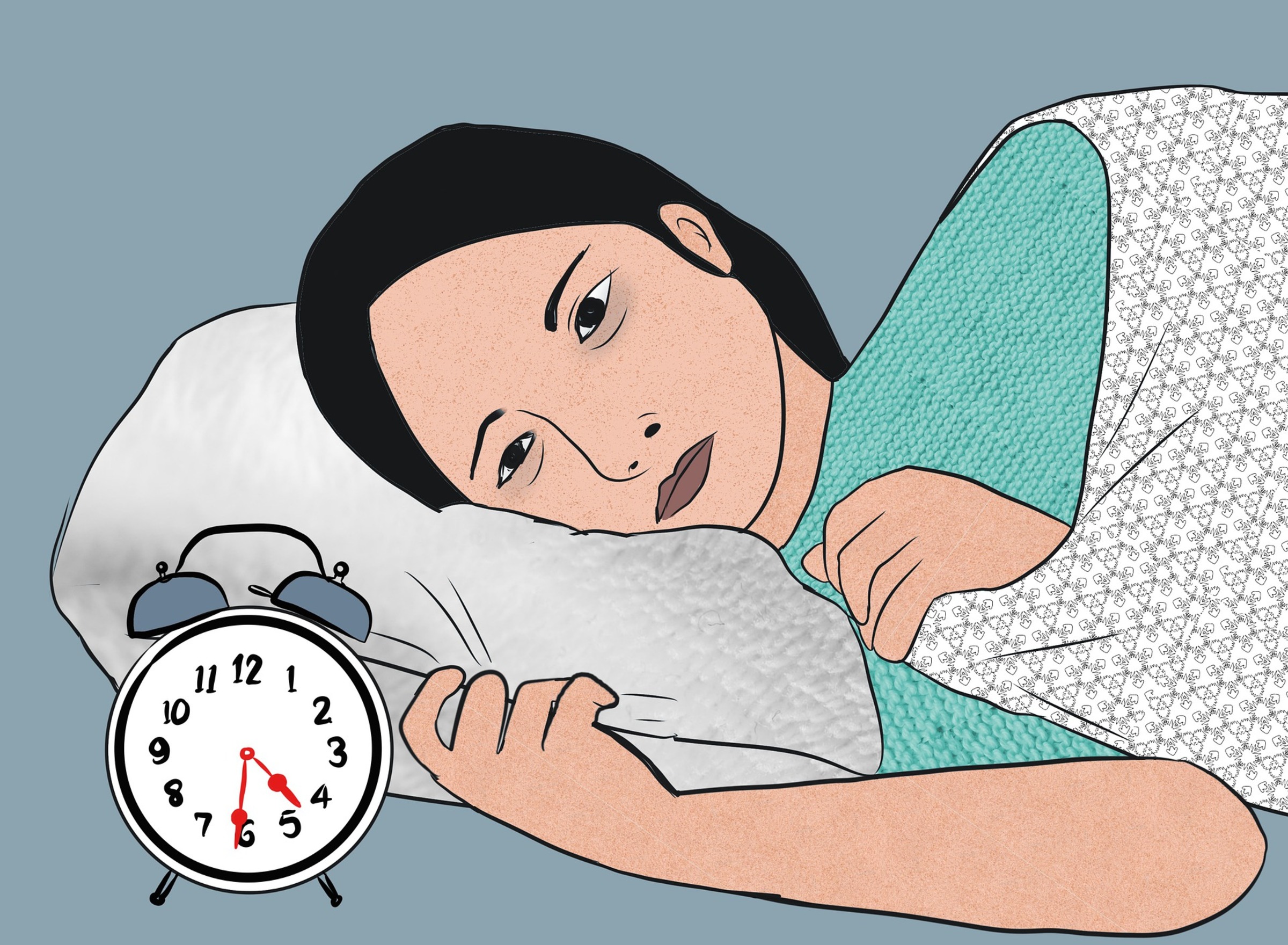Embracing Holistic Approaches for Insomnia: A Path to Restful Sleep

In our fast-paced world, the prevalence of insomnia is on the rise, with millions of individuals struggling to find restful sleep each night. While conventional treatments like medication can provide temporary relief, many are turning to holistic approaches that address the root causes of insomnia and promote long-term wellness. In this article, we explore holistic strategies and lifestyle changes that can help individuals overcome insomnia and reclaim their nights.
Understanding Insomnia
Insomnia is more than just difficulty falling asleep; it encompasses various sleep disturbances, including trouble staying asleep, waking up too early, or experiencing non-restorative sleep. Chronic insomnia can have profound effects on physical health, mental well-being, and overall quality of life.
Holistic Approaches to Insomnia
-
Mind-Body Practices: Techniques such as mindfulness meditation, progressive muscle relaxation, and deep breathing exercises can help calm the mind and body, making it easier to fall asleep and stay asleep.
-
Sleep Hygiene: Establishing a consistent sleep routine and creating a sleep-friendly environment are essential for promoting restful sleep. This includes limiting screen time before bed, keeping the bedroom dark and cool, and avoiding caffeine and heavy meals close to bedtime.
-
Nutrition and Supplements: Certain nutrients and herbal supplements have been shown to support sleep quality. Magnesium, melatonin, valerian root, and chamomile are among the natural remedies that may help individuals achieve better sleep.
-
Physical Activity: Regular exercise can improve sleep quality by reducing stress, anxiety, and depression, all of which can contribute to insomnia. However, it's essential to avoid vigorous exercise close to bedtime, as it may interfere with sleep.
-
Acupuncture and Acupressure: Traditional Chinese medicine offers acupuncture and acupressure techniques that target specific energy pathways believed to influence sleep. These modalities can promote relaxation and balance within the body, potentially improving sleep quality.
-
Herbal Remedies: Herbal teas and tinctures containing ingredients like lavender, passionflower, and lemon balm have calming properties that can promote relaxation and prepare the body for sleep.
-
Cognitive Behavioral Therapy for Insomnia (CBT-I): CBT-I is a structured program that addresses the thoughts and behaviors that contribute to insomnia. It teaches individuals strategies to challenge negative thought patterns, establish healthy sleep habits, and improve sleep efficiency.
Integrating Holistic Approaches into Daily Life
-
Start Small: Making drastic changes overnight can be overwhelming. Instead, start by incorporating small, manageable changes into your daily routine and gradually build upon them.
-
Consistency is Key: Consistency is crucial for retraining your body's internal clock and establishing healthy sleep patterns. Aim to go to bed and wake up at the same time every day, even on weekends.
-
Listen to Your Body: Pay attention to your body's signals and adjust your sleep habits accordingly. If a particular strategy doesn't work for you, don't be afraid to try something else.
-
Seek Professional Guidance: While holistic approaches can be effective, it's essential to consult with healthcare professionals, especially if you have underlying health conditions or are taking medications that may affect sleep.
Conclusion
Holistic approaches offer a comprehensive and sustainable way to address insomnia, focusing on the interconnectedness of mind, body, and spirit. By incorporating mind-body practices, optimizing sleep hygiene, and exploring natural remedies, individuals can support their body's natural ability to achieve restful sleep. While there is no one-size-fits-all solution, embracing holistic approaches can empower individuals to take control of their sleep health and experience the transformative benefits of a good night's rest.





